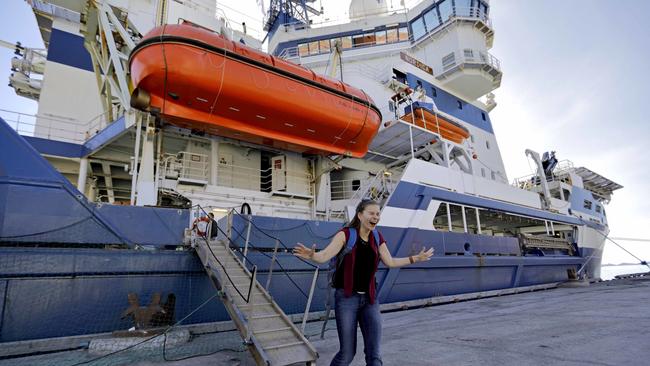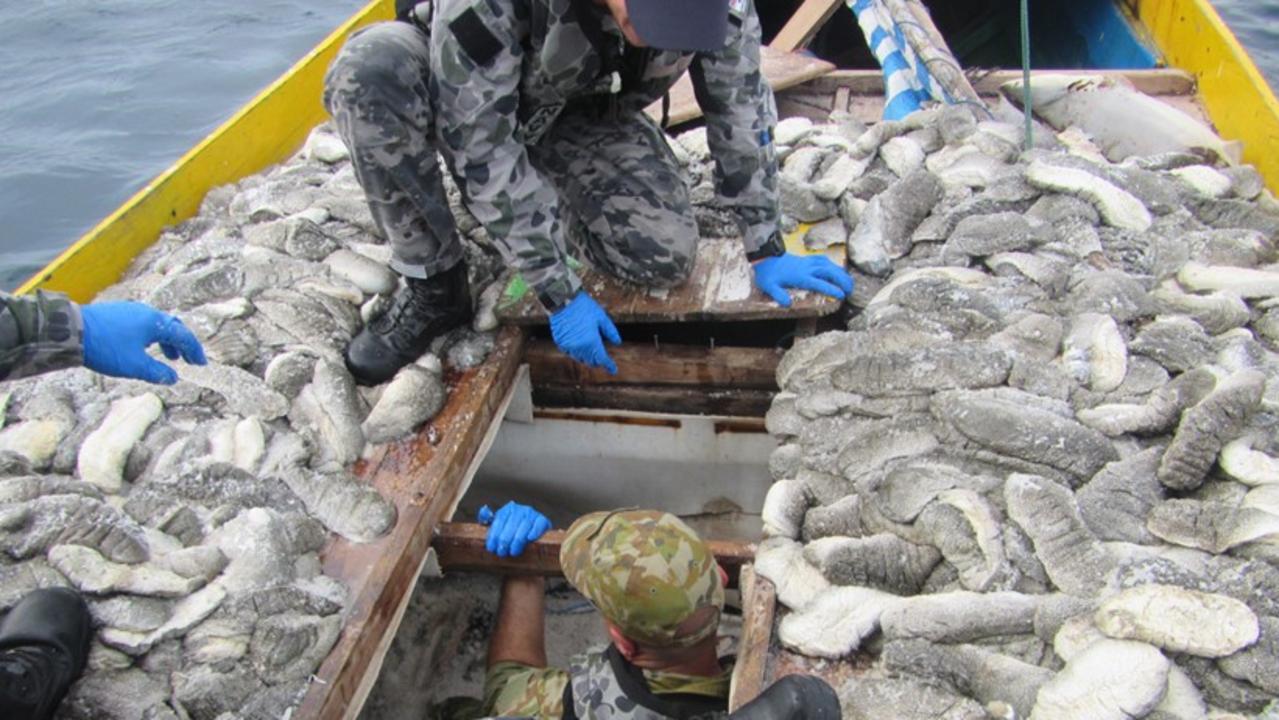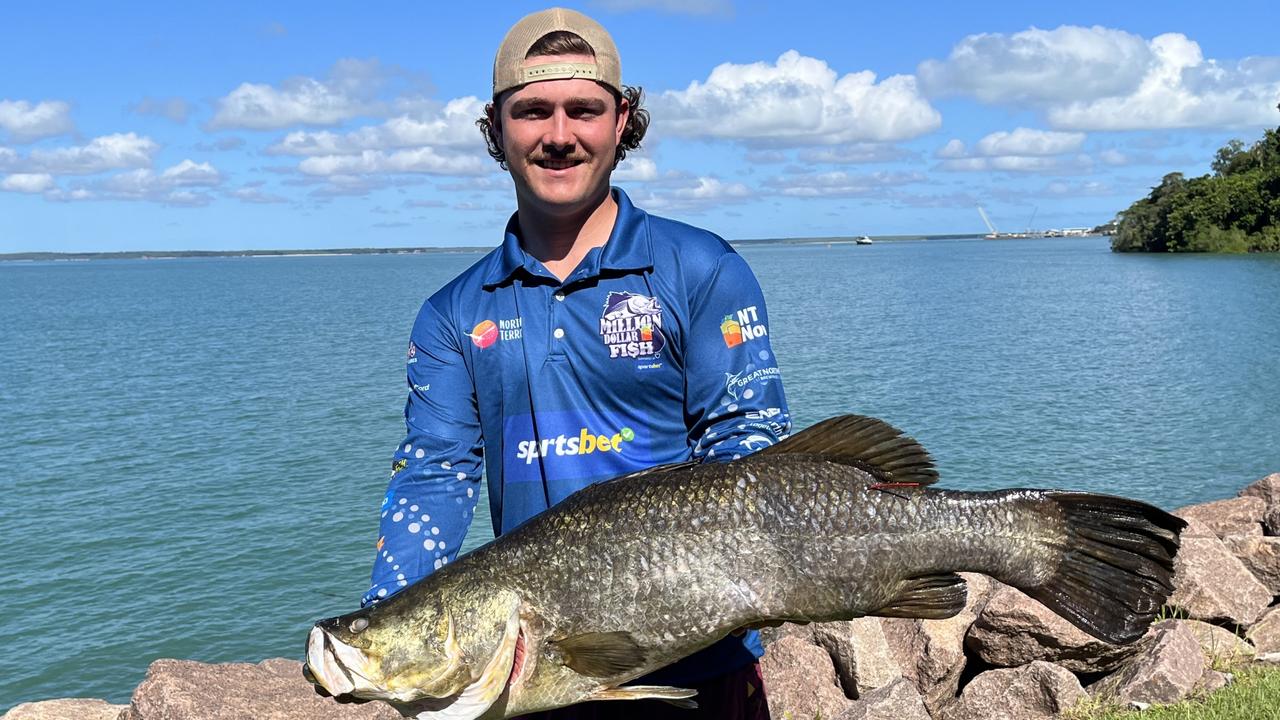Finnish ship sets Northwest Passage record
AFTER 24 days at sea and a journey spanning more than 10,000 kilometres, the Finnish icebreaker MSV Nordica has set a new record for the earliest transit of the fabled Northwest Passage

Fishing
Don't miss out on the headlines from Fishing. Followed categories will be added to My News.
AFTER 24 days at sea and a journey spanning more than 10,000 kilometres, the Finnish icebreaker MSV Nordica has set a new record for the earliest transit of the fabled Northwest Passage.
The once-forbidding route through the Arctic, linking the Pacific and the Atlantic oceans, has been opening up sooner and for a longer period each summer as a result of climate change.
Sea ice that foiled famous explorers and blocked the passage to all but the hardiest ships has slowly been melting away in one of the most visible effects of man-made global warming.
Records kept by Canada’s Department of Fisheries and Oceans show that the previous earliest passage of the season happened in 2008, when the Canadian Coast Guard ship Louis L. St-Laurent left St John’s in Newfoundland on July 5 and arrived in the Beaufort Sea off Point Barrow on July 30.
The Nordica, with a team of researchers and Associated Press journalists on board, completed a longer transit in less time – albeit in the opposite direction – setting off from Vancouver on July 5 and reaching Nuuk, the capital of Greenland, on July 29.
The icebreaker encountered various vessels in the Pacific, but upon entering the Canadian Archipelago, the Nordica travelled alone.
As Nordica was ploughing through sea ice in Victoria Strait, a crew member sighted a polar bear. These animals have come to symbolise the threat posed to Arctic wildlife by climate change because the sea ice they depend on for hunting is disappearing.
Scientists predict the Northwest Passage will be largely ice free in the summer by 2050 if current levels of warming continue.


